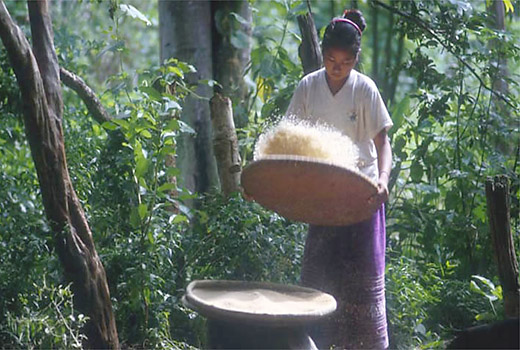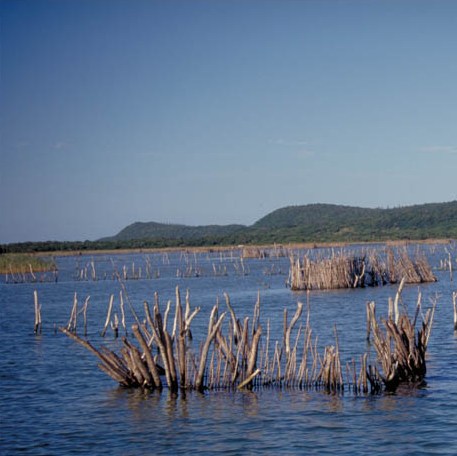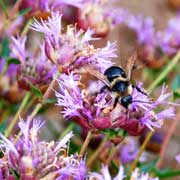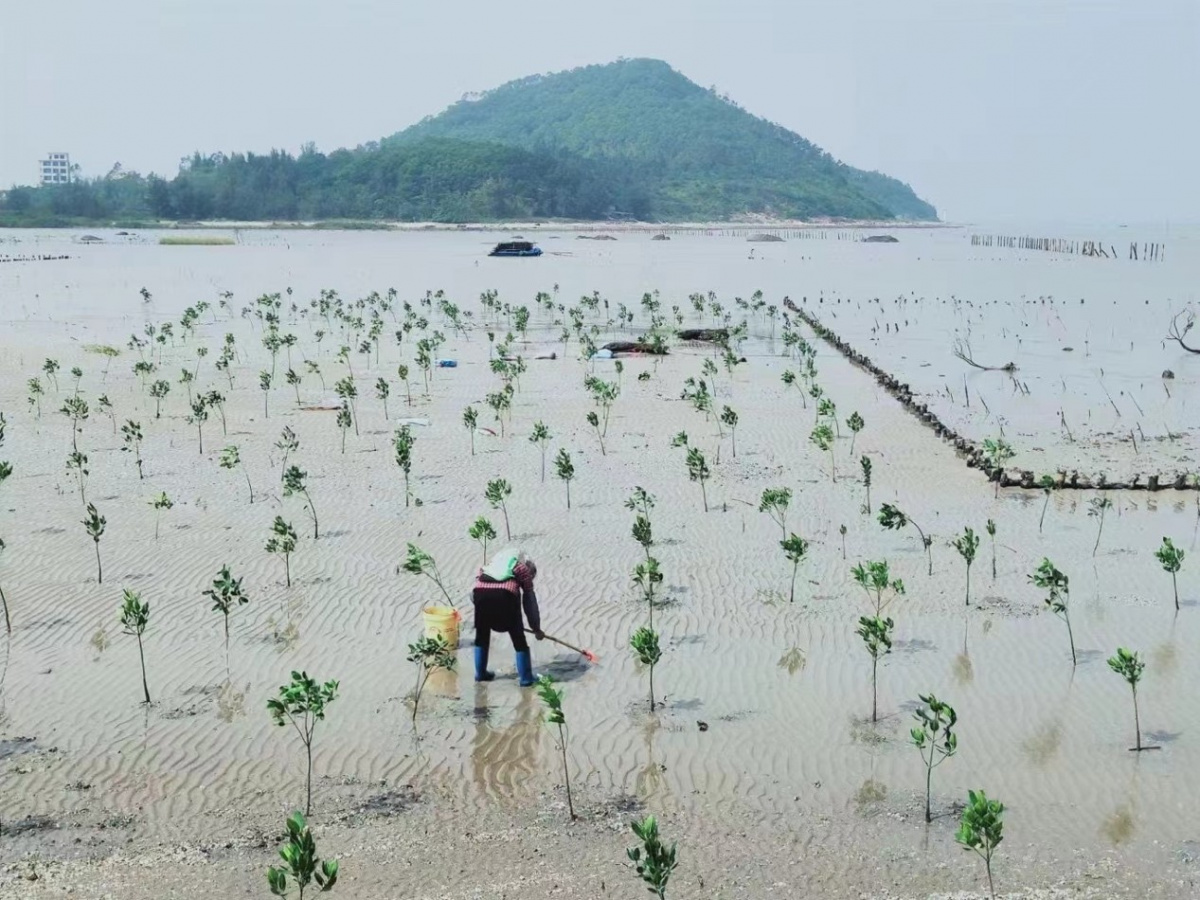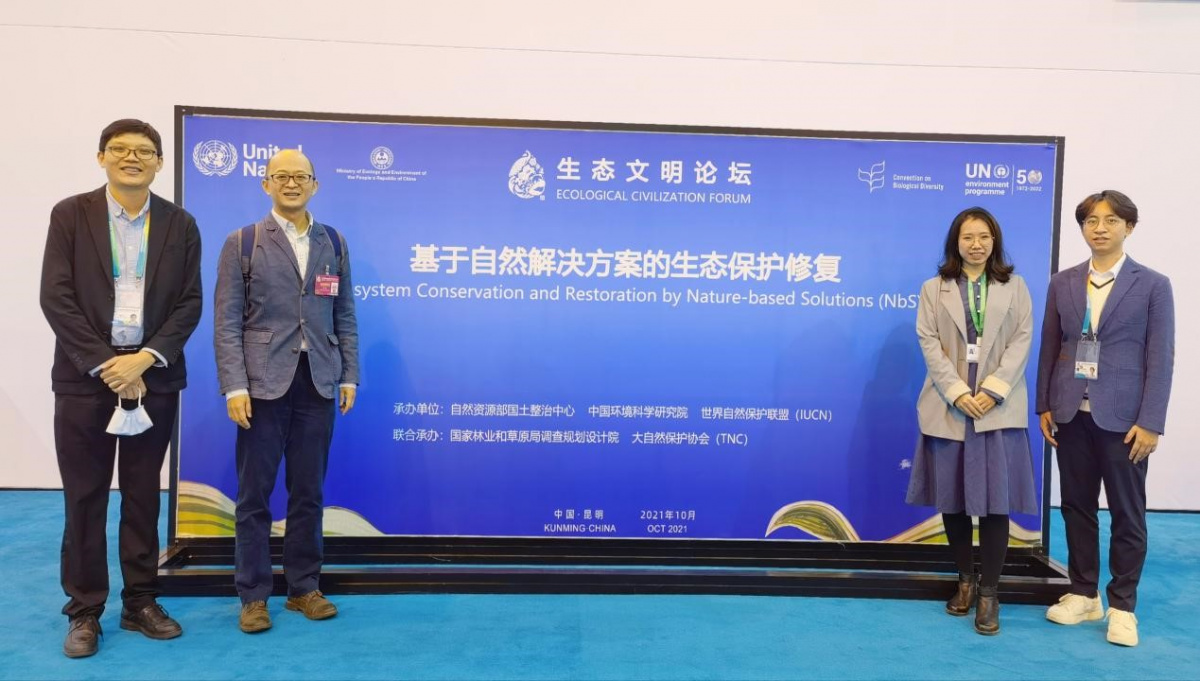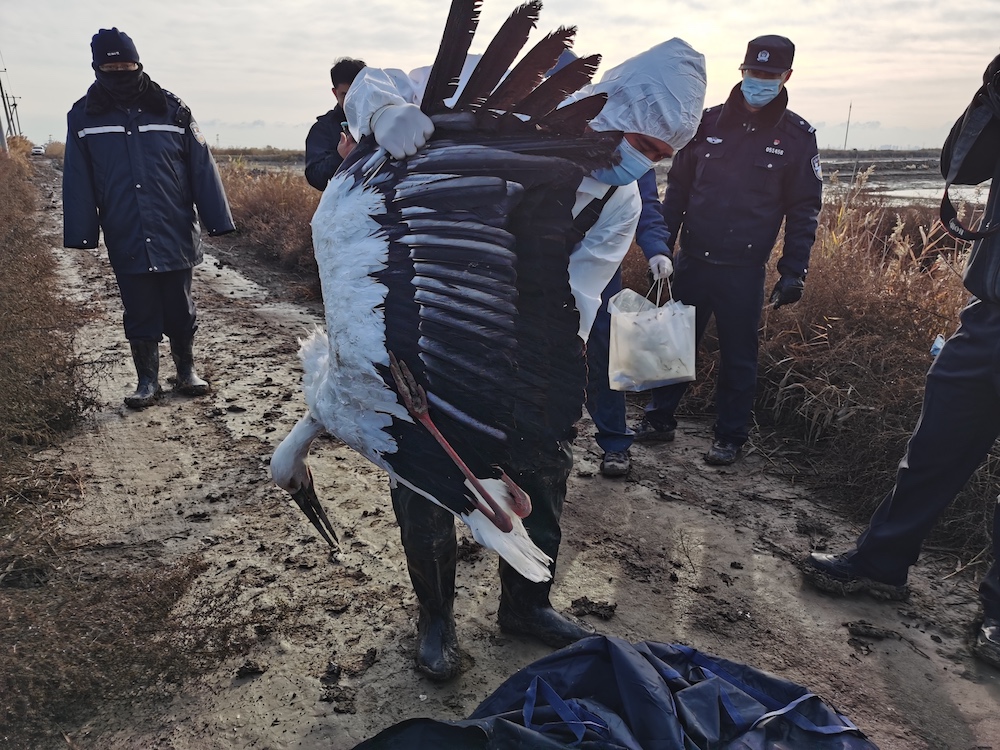Saving biodiversity isn't rocket science
The best possible science needs to be available to governments and policy makers as they strive to find solutions to the biodiversity crisis. Independent, credible scientific advice delivered in a relevant and readily usable way for decision making is the key to effective policies.
“IUCN supports the creation of the proposed Intergovernmental Platform on Biodiversity and Ecosystem Services (IPBES), to increase dialogue between science and policy” says Neville Ash, Head of IUCN’s Ecosystems management Programme. “IPBES will assess the wealth of information already available on biodiversity, ecosystems and human well-being and will encourage the generation of further research in areas where it is needed.”
The decision on the establishment of IPBES will be taken by governments at a meeting in June 2010 in the Republic of Korea.
“States have failed to deliver commitments made in 2002 to reduce the loss of biodiversity by 2010. New, credible targets must be adopted by the Convention on Biological Diversity at Nagoya in October this year,” says Jane Smart, Director, IUCN Biodiversity Conservation Group. “Strengthening the dialogue between policy makers and the scientific community will be essential so the best available science underpins work towards the achievement of these critical targets.”
In order to fully meet its objectives and answer the needs of all users and managers of natural resources, it is vital that IPBES considers all relevant sciences – environmental, social and economic - and involves governments, expert organizations, civil society and all other actors.
“The Intergovernmental Panel on Climate Change (IPCC) has demonstrated the importance and value of an interface between science and decision-making, in the field of climate change. IPBES needs to receive equally significant political and financial support so that it can do the same for biodiversity,” adds Ash.
Biodiversity provides the basic infrastructure for all our activities and our survival. Ecosystems offer services worth billions of dollars such as food, water, energy, clean air and medicine. But more than 60 per cent of those services are degraded worldwide and human pressure has accelerated species extinction to 1,000 times the natural rate of loss.
And there is still so much we don’t know about biodiversity. We often cannot see the links making up the web of life until they are broken. Only 48,000 species are assessed on IUCN’s Red List of Threatened Species™ out of the 1.9 million known and the millions of others yet to be discovered.
IUCN has been part of IPBES negotiations from the beginning and will continue to play a key role in its implementation.
Media team:
Pia Drzewinski, Media Relations Officer, t +41 22 999 0313, m +41 79 857 4072 e pia.drzewinski@iucn.org
Nicki Chadwick, Media Relations Officer, m +41 79 528 3486, e nicki.chadwick@iucn.org
